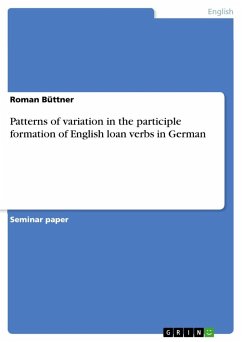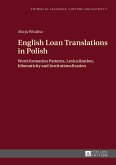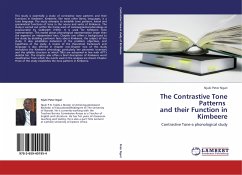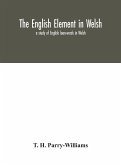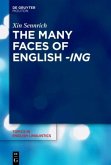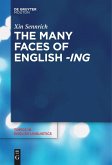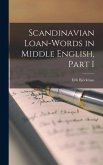Seminar paper from the year 2007 in the subject English Language and Literature Studies - Linguistics, grade: 1,3, University of Marburg (Institut für Anglistik und Amerikanistik), course: Contrastive Linguistics, language: English, abstract: In the last decades, modern English has evolved into one of the dominant world languages of science and technology, sports and pop culture. In that it also has a growing influence on other languages such as German. Recent linguistic research has not yet been able to come up with the actual percentage of anglicisms in modern German. Linguists like Zifonun and Kirkness do however estimate that 11-40 % of all neologisms that enter the German language are of English origin. The biggest word class among these are nouns because their morphosyntactic integration into the target language does not pose too great a problem for speakers of German. This is different with verbs: their morphological structure is more complicated than that of nouns due to their wider system of inflectional paradigms. In comparison to German, English syntax is much stricter which results in different syntactic treatments of verbs in both languages. Besides, nowadays the only productive class among these consists of the regular weak verbs. All new loans are incorporated into this class and must therefore rigorously follow its inflectional paradigms. In that, the integration of verbal anglicisms into German is different from the integration of nouns which provides a fruitful area of linguistic research. After all, they account for 10-20 % of all anglicisms, as linguist Stephanie Bohmann is said to have found out. The aim of this term paper is to take a look at variation in the formation of the past participle (¿Partizip II¿) of English verbs in German. For that purpose I will start with an introduction to previous research in that specific field, answering the general question how the past participle is formed in German and where problems may occur with verbal anglicisms. In a next step I will present the empirical study I conducted and the results collected from it in order to get a deeper insight into morphosyntactic variation in the process of word integration.
Bitte wählen Sie Ihr Anliegen aus.
Rechnungen
Retourenschein anfordern
Bestellstatus
Storno

